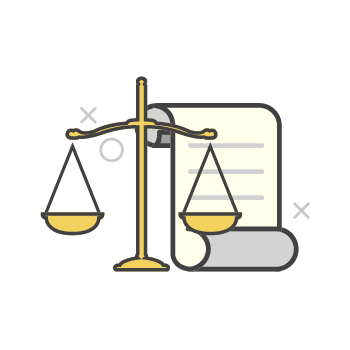Five Things You Can Do to Prepare for a Recession
by Carolyn Lee Nov 7, 2022

Many consumers and people in the financial sector are concerned about another recession. A recession typically involves a significant decline in economic activity that can last for months or longer. Some typical features of a recession include a struggling economy, loss of jobs, a decline in a country’s economic output, and many companies making fewer sales. Although recessions are considered an unavoidable part of the business cycle, there are a few things you can do to prepare your finances should one occur.
Pay attention to your spending habits.
The first step is to review your finances to get a clear idea of the expenses you incur each month and areas where you can reduce expenditures. By building or assessing your budget, you can identify the areas where you need to eliminate excess spending. It is helpful to also focus on access to quick cash, debts, and any significant upcoming life events (weddings, childbirth, college, or retirement). Your overall goal must include removing unnecessary spending, improving your savings, and clearing or consolidating debts. Preparing your finances can ease some financial burdens if you experience job loss or other financial hurdles resulting from a recession.
Start clearing your debts.
Prioritise paying your bills, so your available cash covers most of your debts. Your rent, mortgage, and vehicle payments are crucial, so ensure that you consistently pay them in full and on time. Try to clear or make a minimum payment on your credit card debts to avoid having your account frozen. Lastly, you should speak with your loan officer/creditor to discuss reducing monthly payments if you lose some of your income or your job.
Think about your career.
Job loss is a dominant feature of a recession, so assess your current job and start thinking about future career opportunities. Keep an updated resume to share with recruiters if needed. The people in your professional and personal network can be helpful with connecting you to some career opportunities, so stay updated with those connections and others outside of your organisation. Consider creating a backup plan if you get laid off or become unemployed. You will be relieved at how much an additional income stream can help improve your finances.
Save.
A recession can create a dent in your finances, so save while you have access to extra money. Your investments will pay off in the long run, so speak with your financial advisor before attempting to sell stocks or bonds. Since planning is crucial, consider sacrificing some leisure activities and events and add that money to your emergency fund where possible. Please remember that most financial experts encourage you to save more than six months of living expenses.
Try not to panic.
It is difficult to not worry about your finances if your income does not adequately cover your expenses. However, panicking can lead to other stressful circumstances, health problems, or poor financial decisions. Focus on negotiating a salary increase, freelancing, developing a new skill, or creating passive income if your finances don’t allow you to save. A few areas to consider are seeking professional financial advice on consolidating loans, bolstering investments, and reducing your current expenses.
It is difficult to escape some financial repercussions of a recession, but preparation can minimise its impact. We hope these tips help. Please use our Find Yello listings to search for financial advisors, banks, and other related services you need.
Sources: Equifax, Washington Post, CNBC, Annuity, and Bankrate.








